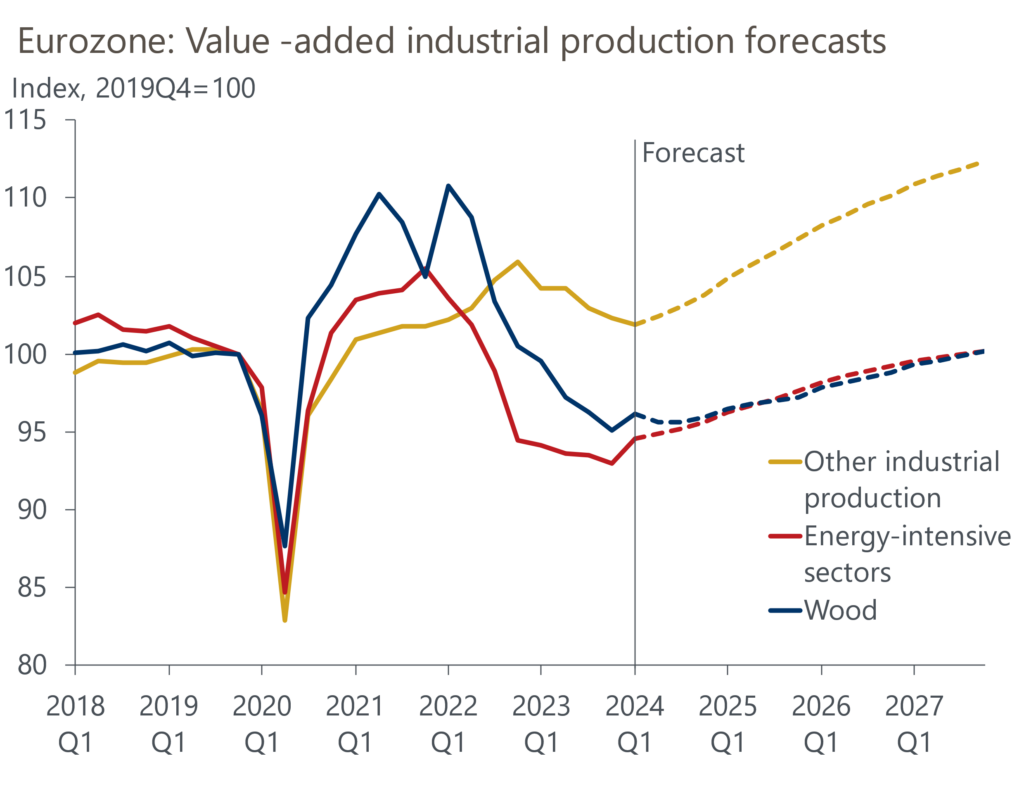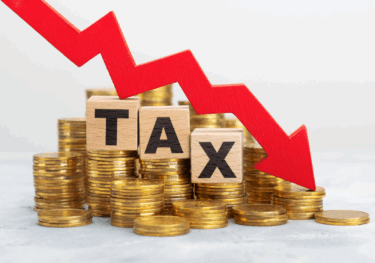Industry Forecast Highlights: The low point for global industrial growth is firming
Our conviction that 2023 was the low point for global industrial growth is firming. We expect that value-added industrial growth across the world will accelerate to 2.6% in 2024, up from 1.8% last year.
What you will learn:
- We see several factors pointing to an imminent but gradual recovery in Europe. We expect some permanent damage to competitiveness in energy-intensive industries, but in the short-run we do expect some catch-up growth as lower energy prices and a turn in the inventory cycle feed through.
- US industrial output growth is expected to be relatively steady. The results of the US election could however have significant implications for industry.
- Industry in Asia remains largely stable as well. The biggest change with respect to our previous forecast in the region is in Japan, where the Daihatsu scandal-induced production shutdowns in Q1 were deeper than expected.
- Across the world we expect the rebound in consumer and certain intermediate goods will outpace more interest-sensitive sectors like automotive, furniture, investment goods, and construction inputs like wood.

Tags:
Related Reports

Post
Roadblocks to China’s chip self-sufficiency dream
China is unlikely to achieve full chip self-sufficiency any time soon because of high technological hurdles in producing advanced manufacturing equipment and materials. The self-sufficiency target now stretches well beyond actual fabrication to include the entire chip supply chain as China struggles to acquire necessary input and machinery into the production process.
Find Out More
Post
Lower US taxes help offset higher costs
The US economy will enjoy rising demand in 2026 and 2027, boosted by the recent deficit financed federal tax and spending legislation.
Find Out More
Post
Machinery and autos most at risk from trade war escalation
Tariffs are rising and USMCA protections are slipping away, leaving machinery and US automotive sectors exposed. Here's why these industries could take the hardest hit.
Find Out More